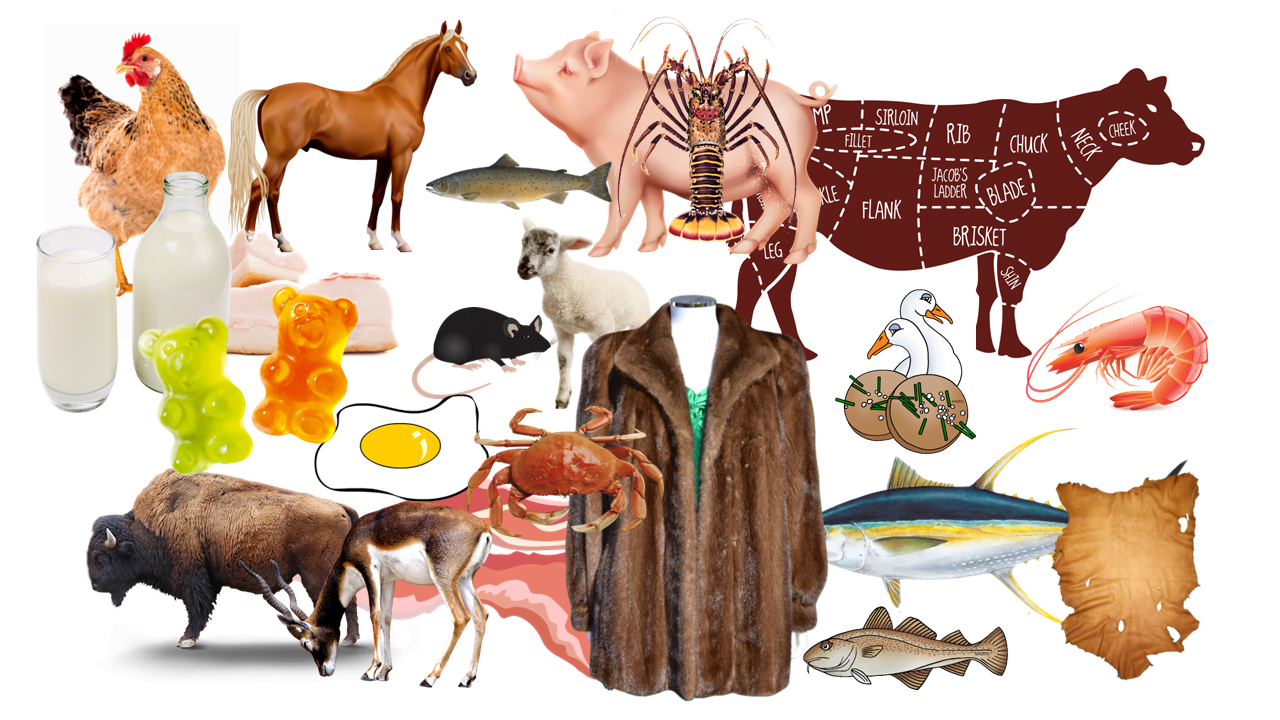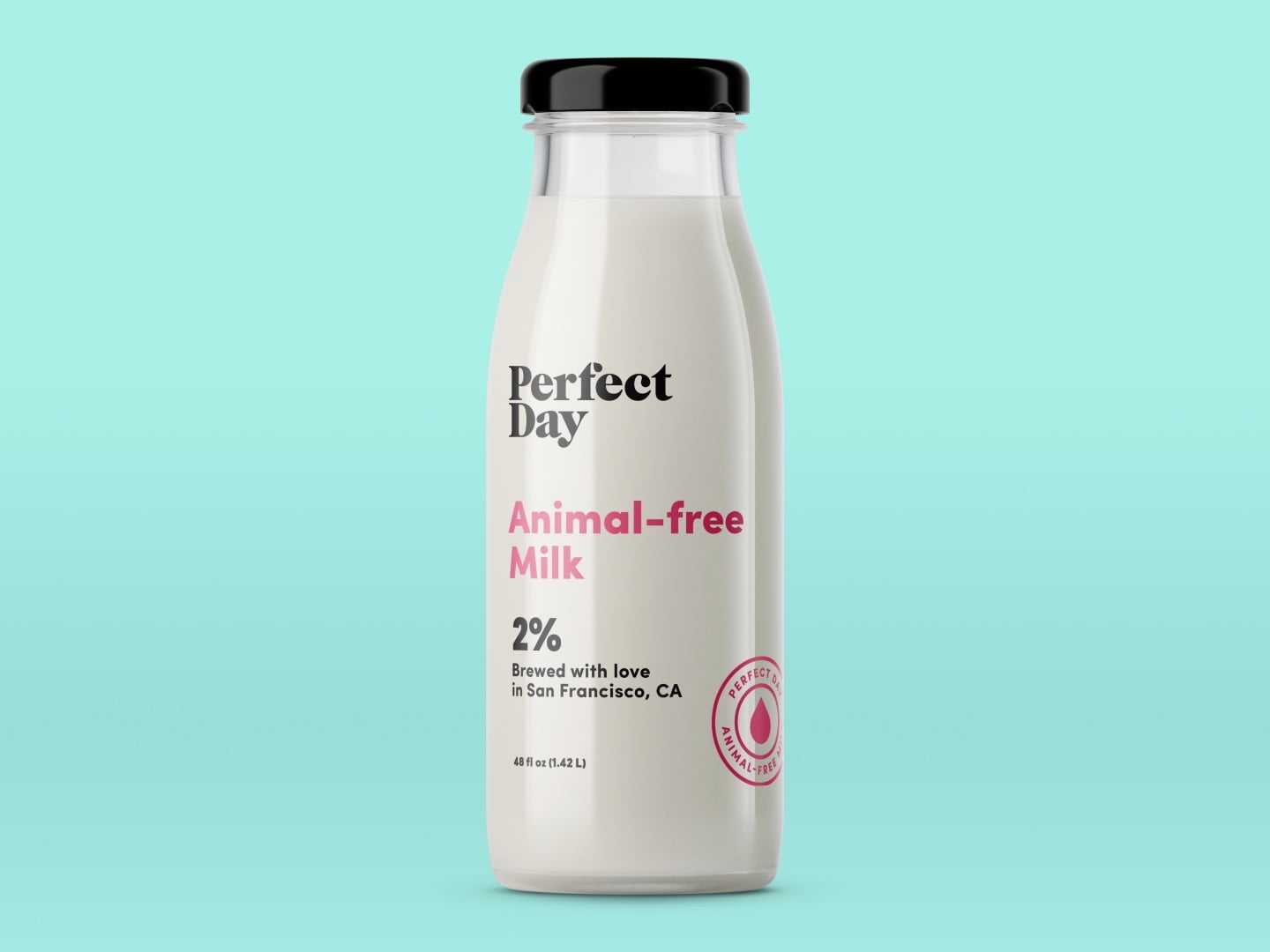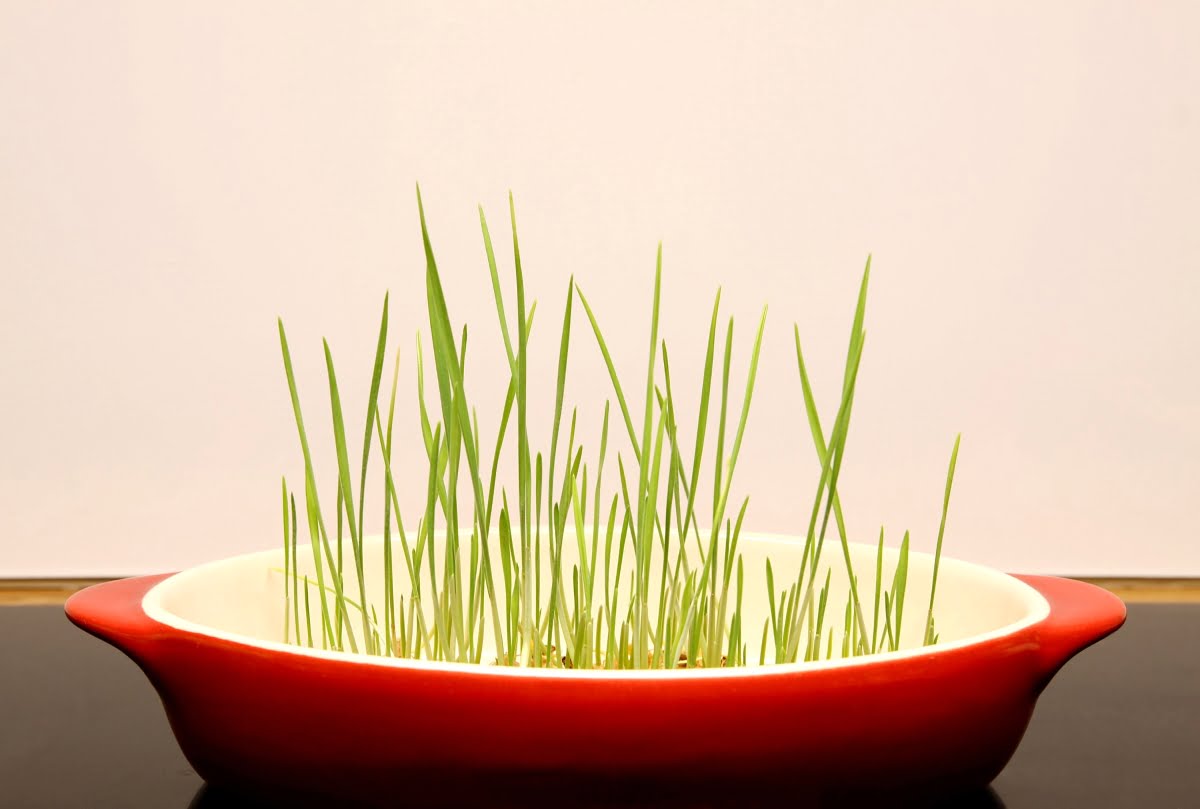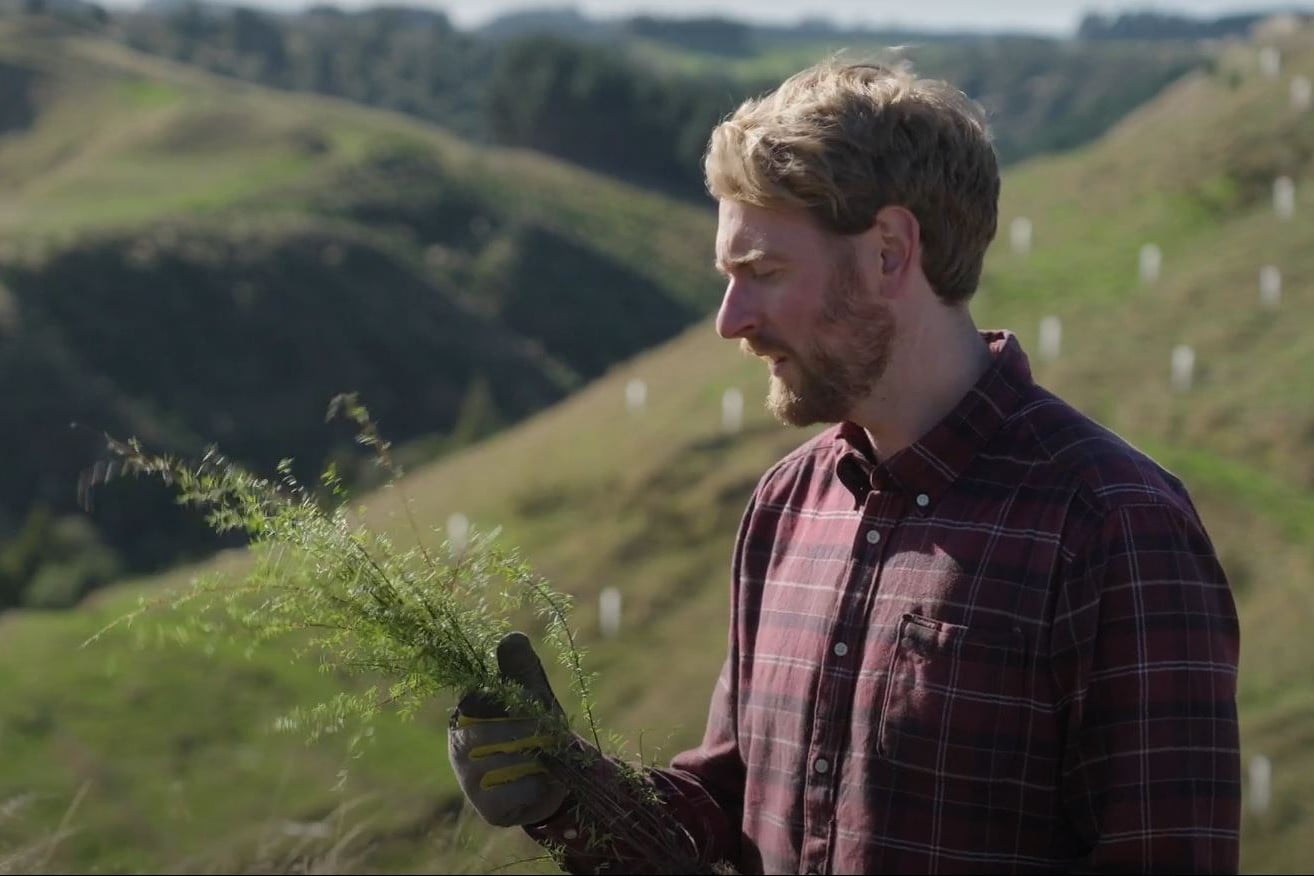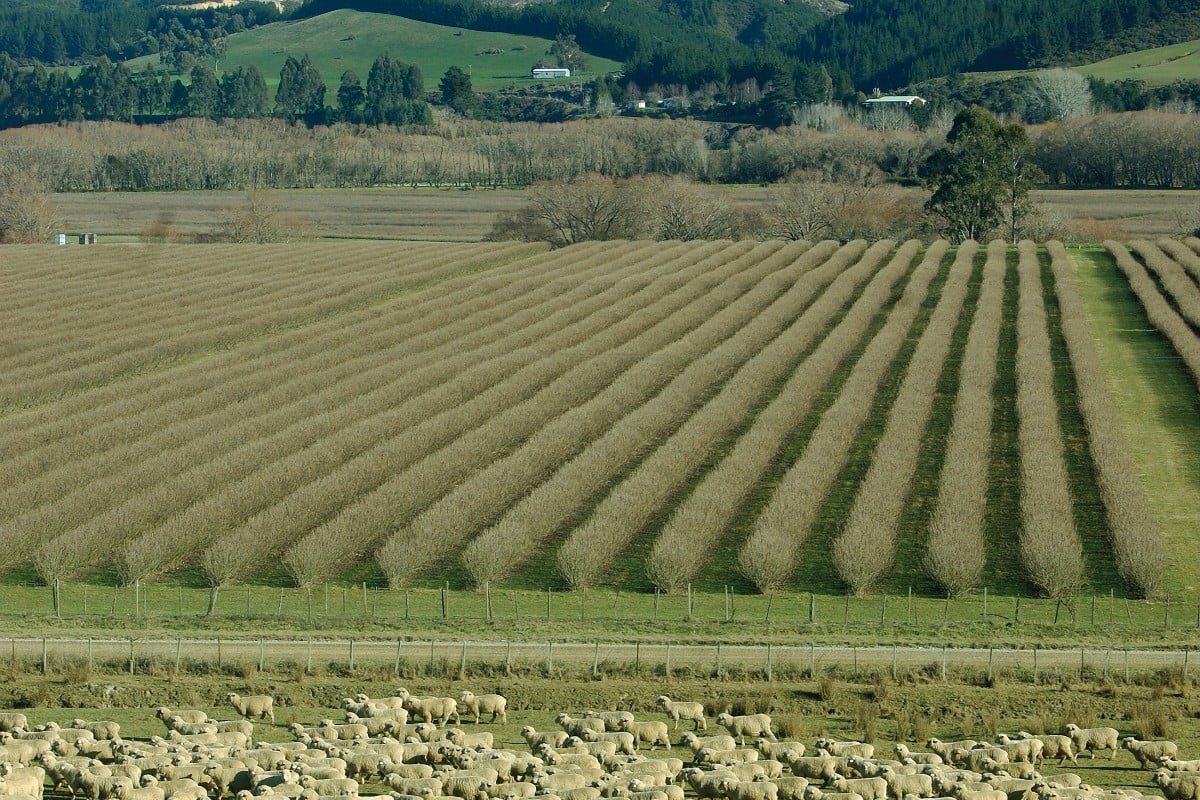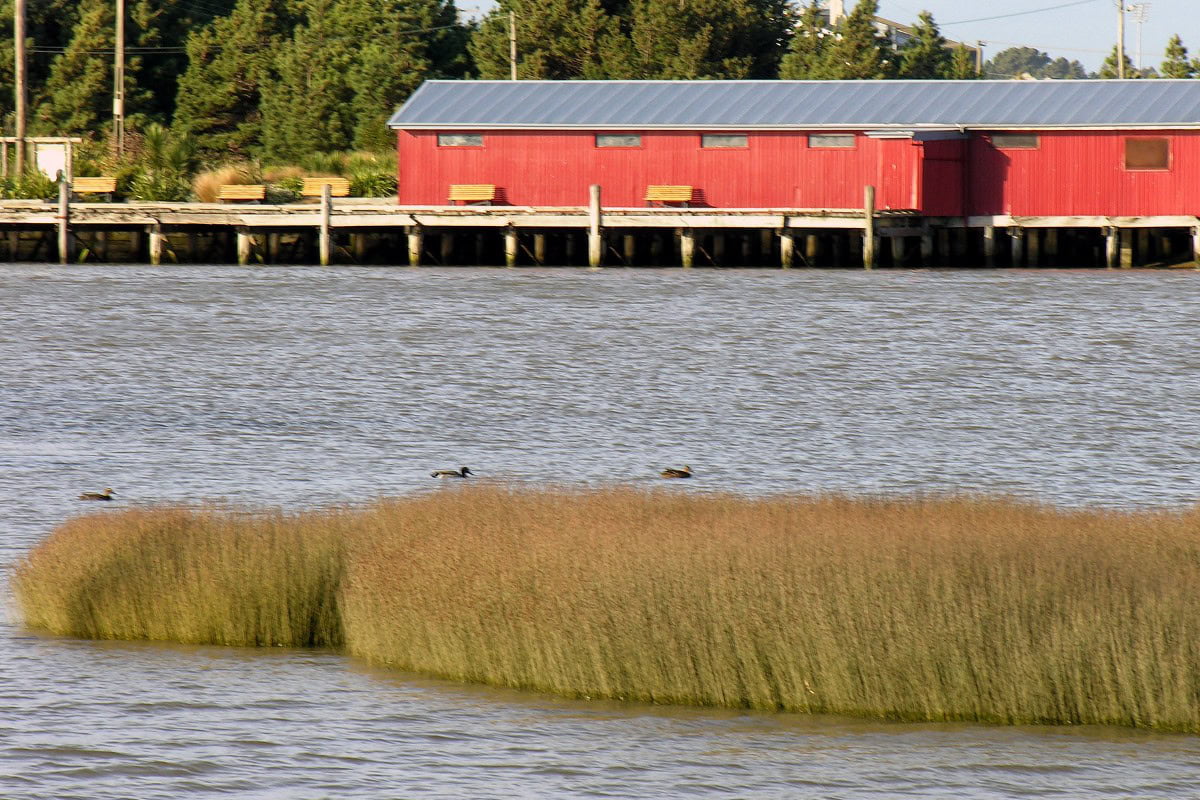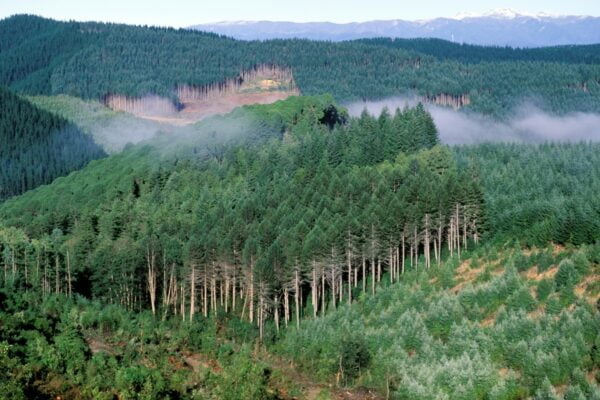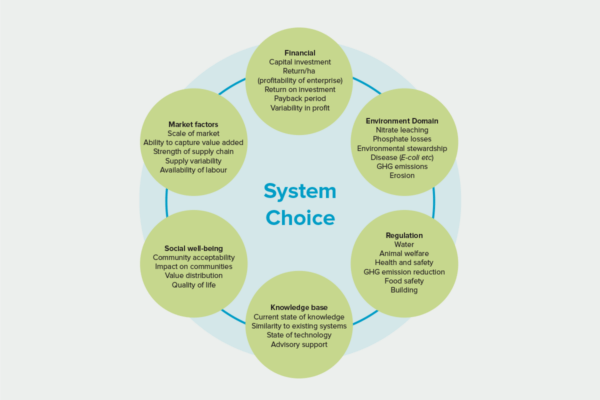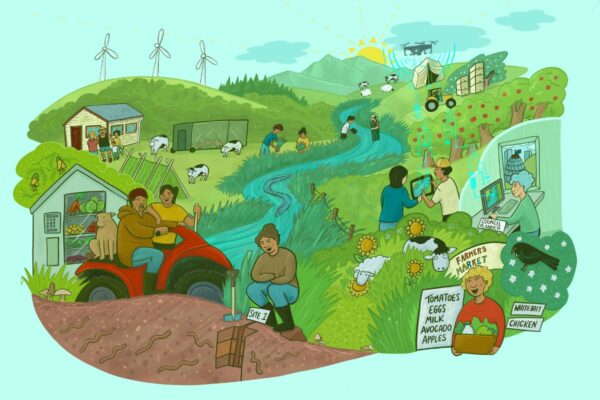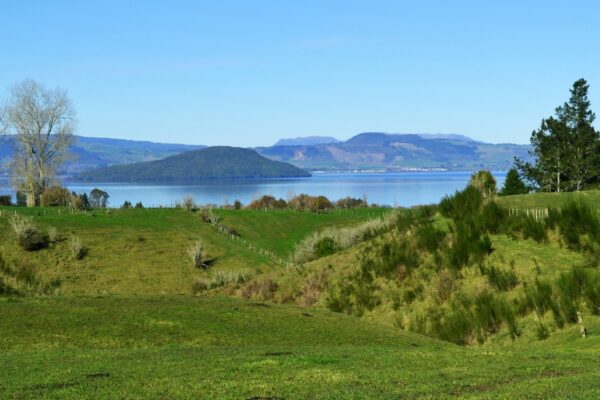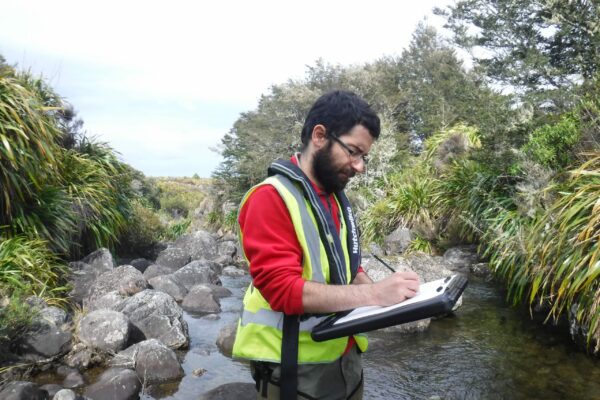Project Details Ngā taipitopito
Collaborators Ngā haumi
Lincoln University | Ruralis (Norway) | The AgriBusiness Group | University Of Canterbury | University Of Otago
What are we doing?E aha ana mātou?
Increasing global interest and demand for alternative or plant-based protein has many implications for Aotearoa New Zealand. These may be positive, such as a potential decrease in emissions of GHGs and nutrient runoff, or the establishment of new markets for new products. They may also be negative, such as disruption to the economics of milk and meat products.
This research programme will develop scenarios for plausible future states associated with the impact of ‘new proteins’, and model the economic, land use, and environmental implications. The project methodology, enhanced by collaboration with existing projects overseas, contributes to the identification of best practices for the plant-based protein sector.
The research will include a comprehensive assessment of a potential Māori protein economy.
The goal of this research is for New Zealand to more effectively respond to the impacts and opportunities associated with the growth in demand and production of new proteins.
How can the research be used? Ka pēhea e whai take ai te rangahau?
- The growth of production and demand for alternative and plant-based proteins is expected to have a significant impact. This research programme aims to define these potential impacts to New Zealand agriculture and farming systems, thereby helping our primary industries plan for future protein systems and the land uses that are likely to develop.
- Expert knowledge will be used to identify a set of plausible future scenarios for alternative proteins. The economic and landscape impacts of these scenarios will be analysed through economic modelling.
- This modelling will provide a basis for evaluating policy and research opportunities to facilitate the development of more sustainable and resilient productive landscapes in Aotearoa New Zealand.
- The modelling will provide guidance and recommendations for potential incentives, policy and strategic activities that could be developed by the government, regional development entities, and the private sector, to effectively address the risks and opportunities associated with the new protein sector in Aotearoa.
- The outcomes of the research will be reported to existing participants and interested investors in alternative and plant-based protein systems. These findings will contribute to the identification of best practices for the sector, and provide insight to the potential benefits and unanticipated impacts of the adoption of alternative and plant-based proteins.
- Effort will be directed towards understanding the implications for Māori of future significant shifts in land use for producing plant-based proteins, and of new science that may create dramatically new styles of synthetic protein production. This project will provide post-settlement iwi corporations and Māori Land Trusts and incorporations with information concerning future opportunities, risks, and investment options in relation to alternative and plant-based proteins.
Related research updates Ngā pānui mō te rangahau nei
Participation & engagement Te hunga i whai wāhi mai
- Three main groups of interested stakeholders have been identified: Māori organisations, Government departments (MPI, MBIE), and the diverse group represented by Emerging Proteins NZ. A group of participants from these three sectors will be briefed at the beginning of the work, and subsequently have input to the research methodology, scenario selection and discussion of the results.
- The future scenarios will be identified through an iterative sequence of collaborative engagement, known as the Delphi process. This will progressively bring in wider groups of stakeholders, and provides the opportunity for the exchange of knowledge and expertise. At all steps, a concerted effort will be made to seek Māori input.
- The project’s Te Ao Māori lead will design and lead the stakeholder engagement process, and will undertake stakeholder interviews with Māori organisations during the Delphi process. He will also supervise two Māori students who will be employed as summer interns to gain experience at interviewing and working in applied social research.
- A hui will involve a wider group of Māori communities and groups to facilitate planning and developing current and future land-use.
- Industry groups will be brought in by including a representative sample in the Delphi process, then through sequential reporting of the Delphi stages.
- Policymakers at local and national government levels will be invited to participate in the Delphi process. Results of the research will be shared with policymakers in a seminar which will promote discussion on the implications for the alternative protein sector’s future direction.
 View Our Strategy Document 2019 – 2024
View Our Strategy Document 2019 – 2024



